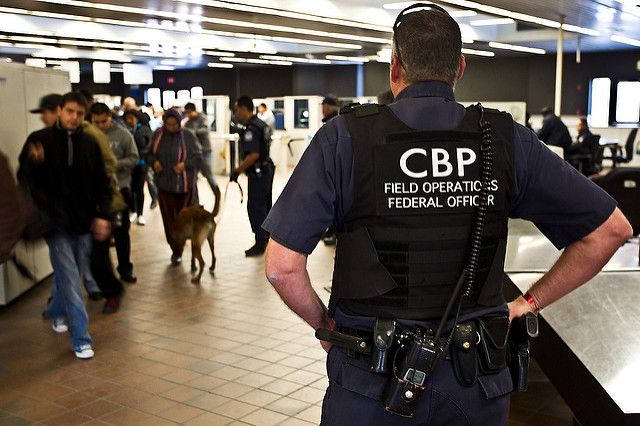In USA Today, Bill McGee, a contributing editor to Consumer Reports and the former editor of Consumer Reports Travel Letter, advises careful preparations are necessary when preparing to cross the U.S. borders with Mexico and Canada.
Imagine the scene: International travelers approach U.S. Customs and Border Protection officers at an American airport. They refuse to provide ID or access to their bags. One continues speaking on the phone while the officer inquires about her travels. Another refuses to remove his baseball cap and sunglasses when asked for a positive match with his passport photo. All the while, they continue talking to other members of their party, don’t remove earphones and even munch on mangoes while swearing categorically they haven’t brought any fresh fruit with them.
Hard to believe? At U.S. airports, perhaps. But daily, at dozens of border crossings connecting the United States with Canada and Mexico, these very same CBP officers encounter all this and more. Apparently the same uniforms, badges and firearms have little effect on large numbers of Americans who aren’t criminals or suspected terrorists, but simply rude and antsy road warriors. Psychologically many tourists may view a border crossing as akin to a toll plaza, but their carelessness makes long lines longer.
Over the last few years I’ve crossed both the northern and southern borders by car and bus, as well as on foot, and I can testify to the long lines. There’s plenty of room for improvement at the Department of Homeland Security, but many travelers could help reduce those wait times as well.
Busy roads = busier crossings
In May, AAA reported 55% of Americans are more likely to take a road trip this year, citing gas prices at an 11-year low. AAA stated: “The great American road trip is officially back.” And many of those journeys, of course, extend into Canada and Mexico.
While much has been written here about interminable lines for TSA screening at the nation’s airports, the lines at the borders can take not minutes but HOURS to clear. In some cases, unfortunately, it’s due to travelers themselves who are ill-prepared on what to expect.
For the record, the CBP has the legal authority to search you, your vehicle and your belongings when you enter or re-enter the United States. If you’re new to this process, you may want to download the CBP’s What to Expect When You Return.
To read full article, click here.
Source: usatoday.com



Comments are closed.